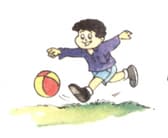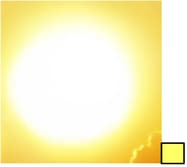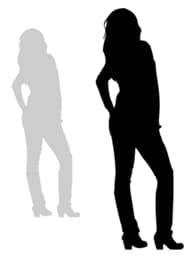The morning is called the part of the day between noon and evening.
Important Questions on Time Goes On
Write 'F' for the event which comes first and 'N' for the event which happens next.
| S.No. | Event | |
| . | Eating _____ | cooking _____ |
| . | Boarding into a bus or train _____ | reaching the destination_____ |
| . | Drawing a picture _____ | colouring _____ |
| . |
Taking out a book from the bag _____ |
reading _____ |
| . | Opening the door _____ | entering the room _____ |
To understand shadows, you will first need to understand the sun light makes shadows.

Children, observe the images and discuss how the position of sun and shadow varies from time to time in a day.
Circle the correct word.
A new day begins with each sunset/sunrise.
Have you ever observed the shadow formation and how it behaves?
Sort the events according to the time of happening.
. Sun rise . Sun set . Coming to school
. Returning home from school . Breakfast . Dinner
. Darkness outside . Say Good Morning . Say Good Evening
| S.No. | Morning | Evening | Night |
| . | |||
| . | |||
| . |
Look at the following activity and write down your time of doing this.

Identify the objects and write L for luminous objects and N for non-luminous objects.

Fill in the blank with a suitable word:
The sun’s rays are directly overhead at _____ (noon/evening).
What do you notice in the image given below?

Are two people walking? And their "shadows"? There aren't many people who have not heard about the term shadows. But why and how are shadows formed.
